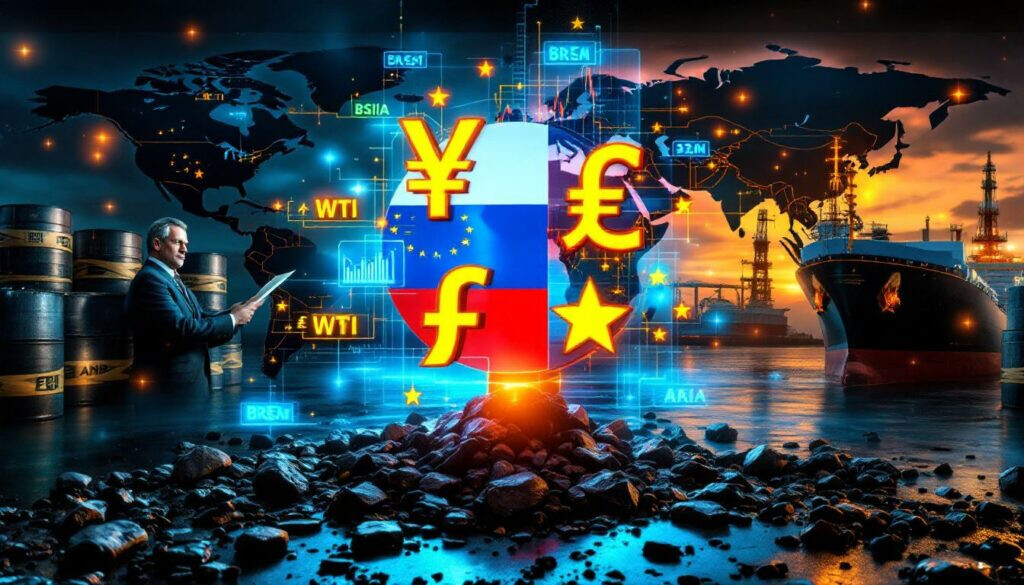
BRUSSELS — The European Union has recorded a trade surplus with Russia for the first time on record, a historic reversal of its long-standing deficit. This unprecedented shift comes as a direct consequence of the EU’s sweeping sanctions regime, which has dramatically curtailed trade with Moscow since the 2022 invasion of Ukraine.
According to data from Eurostat, the EU's second-quarter trade with Russia yielded a modest surplus of €500 million, with exports totaling €7.5 billion against imports of €7 billion. This marks the first time since data collection began in 2002 that the EU has recorded a positive trade balance with the Russian Federation.
The overall trade volume between the two has plummeted by 82%, from €81.9 billion in the first quarter of 2022 to a mere €14.5 billion in the second quarter of this year. This precipitous decline is attributed to 18 successive rounds of EU sanctions that have targeted Russian exports and restricted access to EU markets.
The most significant impact has been in the energy sector, long considered the primary source of Russia's war funding. The EU’s energy-related trade deficit with Russia shrank by 90%, from €42.8 billion in the second quarter of 2022 to just €4.2 billion in the latest period. This reduction is a testament to the EU's successful efforts to reduce its energy dependence on Russia.
The share of Russian oil in the EU's total oil imports has fallen sharply, from 29% in the first quarter of 2021 to a mere 2% in the second quarter of this year. Similarly, dependence on Russian natural gas has decreased from 39% to 13% over the same period.
The EU's diversification strategy has benefited other energy producers. The United States and Norway have significantly increased their market share in the EU, with their respective shares of oil imports rising by 5% and 4%.
Furthermore, the EU continues to enforce its price cap on Russian crude oil, penalizing any entities that violate the ceiling. The cap, initially set at $60 per barrel in December 2022, was recently lowered to $47.60 in response to stabilizing global oil prices, highlighting the EU's ongoing commitment to limiting Russia's economic capacity.
[Copyright (c) Global Economic Times. All Rights Reserved.]




























